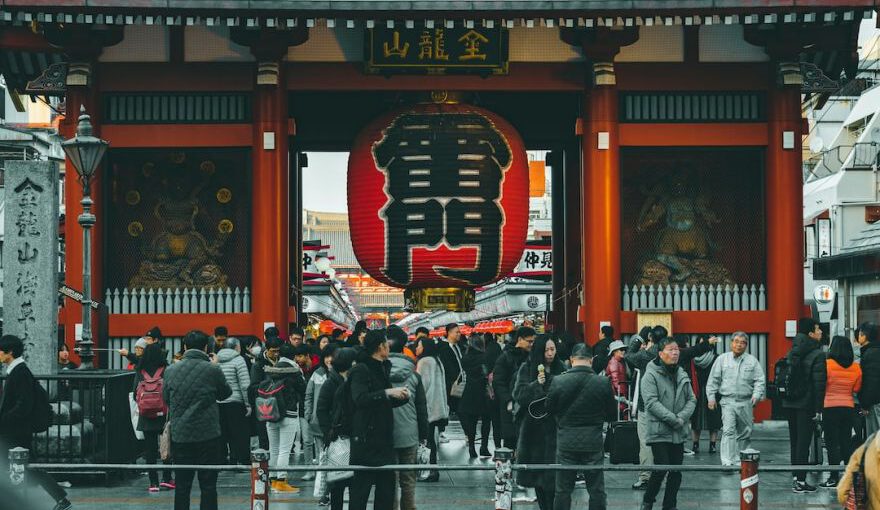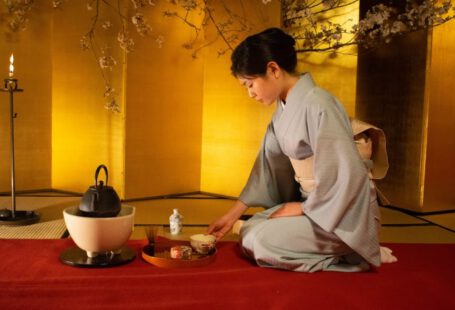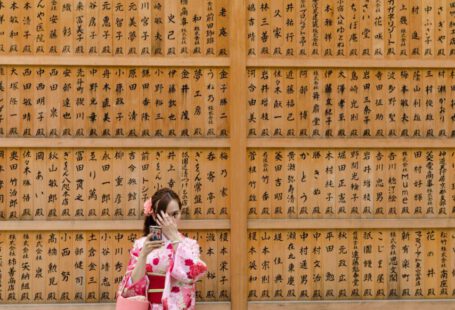Japan is a country rich in culture and traditions, and among these are a variety of fascinating superstitions. Superstitions have been a part of human society for centuries, and Japan is no exception. While some may dismiss them as mere beliefs, superstitions offer a glimpse into the collective psyche of a culture. Here are some famous Japanese superstitions that are worth knowing about.
Firstly, the number four is considered unlucky in Japan. The reason behind this superstition is that the word for “four” (shi) in Japanese sounds similar to the word for “death.” As a result, many buildings in Japan skip the fourth floor, similar to how some Western buildings may skip the thirteenth floor. Additionally, gifts that come in sets of four are often avoided, as they are believed to bring bad luck.
Another prominent Japanese superstition revolves around the number nine. In Japan, the number nine (ku) sounds similar to the word for “suffering” or “pain” (ku). As a result, it is considered unlucky, and many Japanese hospitals avoid assigning the number nine to patient rooms. Similarly, gifts that come in sets of nine are often avoided, as they are believed to bring misfortune.
In Japanese culture, there is a deep respect for nature and the spirits that inhabit it. This belief is reflected in the superstition surrounding Tanabata, a traditional summer festival. According to legend, two celestial deities, represented by the stars Vega and Altair, are only allowed to meet once a year on the seventh day of the seventh lunar month. On this day, people write their wishes on strips of paper and hang them on bamboo branches, hoping that their wishes will come true. It is believed that if it rains on Tanabata, the deities cannot meet, and their wishes will not be granted.
Another intriguing superstition in Japan is the belief in yokai, supernatural creatures that are said to roam the earth. These creatures can take on various forms and have different characteristics. Some are mischievous, while others are malevolent. The belief in yokai is deeply rooted in Japanese folklore and has influenced various aspects of Japanese culture, including literature, art, and even popular culture. Many Japanese people take precautions to ward off yokai, such as hanging amulets or charms in their homes.
In Japan, seeing a spider in the evening is believed to bring good luck. This superstition stems from the association of spiders with money and wealth. It is said that if you see a spider spinning its web in the evening, it means that money is coming your way. However, killing a spider is considered bad luck and is believed to bring financial hardship.
Lastly, the Japanese superstition of breaking mirrors is believed to bring seven years of bad luck. This belief is similar to the Western superstition surrounding broken mirrors, which is said to bring seven years of bad luck. In Japan, it is believed that mirrors have the power to reflect the soul, and breaking a mirror can disrupt this connection and bring misfortune.
Superstitions are an integral part of Japanese culture, offering insight into the country’s rich history and beliefs. While some may view them as mere superstitions, they hold great significance in the lives of many Japanese people. From the superstitions surrounding numbers to the belief in yokai and the power of mirrors, these beliefs are deeply ingrained in Japanese society. Whether you believe in superstitions or not, they are an intriguing aspect of Japanese culture that should not be overlooked.





